China slams Taiwan presidential hopeful’s planned ‘sneaky visit’ to US, vows ‘forceful' reaction
China has reacted angrily to a “sneaky visit” to the United States next month by Taiwan’s “separatist” top presidential candidate, vowing “forceful measures” in response to protect its territorial integrity.
"China firmly opposes any form of official exchanges between the United States and Chinese Taipei, resolutely opposes sneaky visits by Taiwan independence separatists in any name or for any reason, and resolutely opposes any form of connivance by the United States to support Taiwan independence separatists," said Beijing’s Foreign Ministry spokesperson Mao Ning during her daily press briefing on Monday.
Mao further underline that the Chinese government will take "resolute and forceful measures" in order to "protect its sovereignty and territorial integrity," noting that Beijing had already filed a diplomatic complaint with Washington concerning the upcoming visit by Taipei’s vice-president and presidential hopeful William Lai.
US Secretary of State Antony Blinken, however, insisted during a press briefing on Monday that Lai's transit visit to the United States – prior to traveling to Paraguay to attend a presidential inauguration event in the Latin American country -- was "routine" and consistent with past practice, given that 10 Taiwanese vice presidents, including Lai himself, have traveled via the US.
“There is no reason for the PRC to use this transit as a pretext for provocative actions," Blinken further claimed, referring to the People's Republic of China.
This is while a State Department spokesperson announced that Washington was also expecting Taipei’s other presidential candidate of the opposition Kuomintang (KMT) Party, Hou Yu-ih, to visit sometime in the early fall.
Speaking to reporters, Taiwan Deputy Foreign Minister Alexander Yui declined to offer details on Lai's US transit visits, saying they would come later.
This upcoming US visit by Lai, however, has extra significance as he is running to succeed the self-ruled island’s standing President Tsai Ing-wen at the territory’s next election in January.
Taiwan's presidential office said Lai would arrive in Paraguay on August 14, the day before Santiago Pena is due to be sworn in as the country's next president.
Taiwanese presidential candidates generally visit the US ahead of their election to discuss their plans with officials in Washington.
Such transit visits enrage Beijing, which regards them as covert support by the US for the island territory claimed by China and a challenge to the mainland’s territorial sovereignty.
In April, China waged massive military drills around Taiwan after Tsai met US House Speaker Kevin McCarthy in Los Angeles while on her way back from Central America in a move widely viewed as a deliberate bid intended to undermine Beijing.
China has sovereignty over the Chinese Taipei, and under the "One China" policy, almost all world countries recognize that sovereignty. According to the principle, Chinese Taipei is subject to Chinese sovereignty and Beijing is the sole representative of all China.
China prohibits its own diplomatic partners from having formal ties with Taipei and now Taiwan has legal diplomatic relations with only 13 countries, mostly small US client states in Central America, the Caribbean, and the Pacific.
The Chinese government strongly opposes other countries pursuing official and diplomatic ties with the Chinese Taipei and has consistently warned the US and other states against engaging with the self-proclaimed government in Taipei.
Washington has no formal diplomatic relations with Taipei by law, but remains the island’s largest weapons supplier and an avid backer of Taiwan's secessionist President Tsai Ing-wen, generating increasing tensions with Beijing over trade and a host of other issues.
Russian court orders Google to pay staggering fine of $20 decillion
Yemeni forces carried out five operations in Haifa, targeting six ships, in one year: Report
VIDEO | US-Israeli war on West Asia
Israeli war machine fails to penetrate Lebanon despite barbaric bombardment: Houthi
VIDEO | Is West's dominance over?
VIDEO | Five Syrians killed in Israeli airstrikes on al-Qusayr near Homs
VIDEO | South African resistance leaders reflect on ways to overcome Israeli aggression
VIDEO | Press TV's news headlines


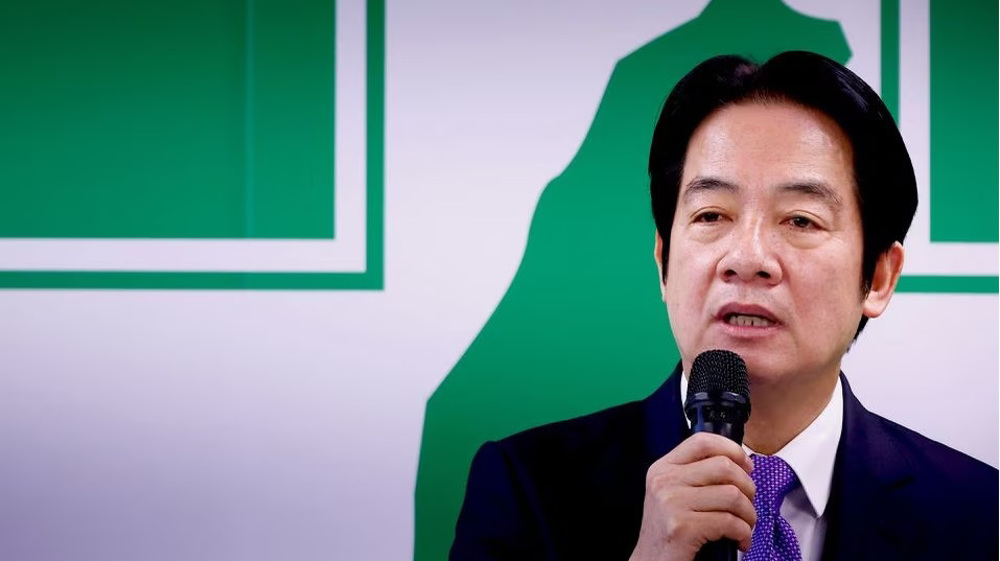
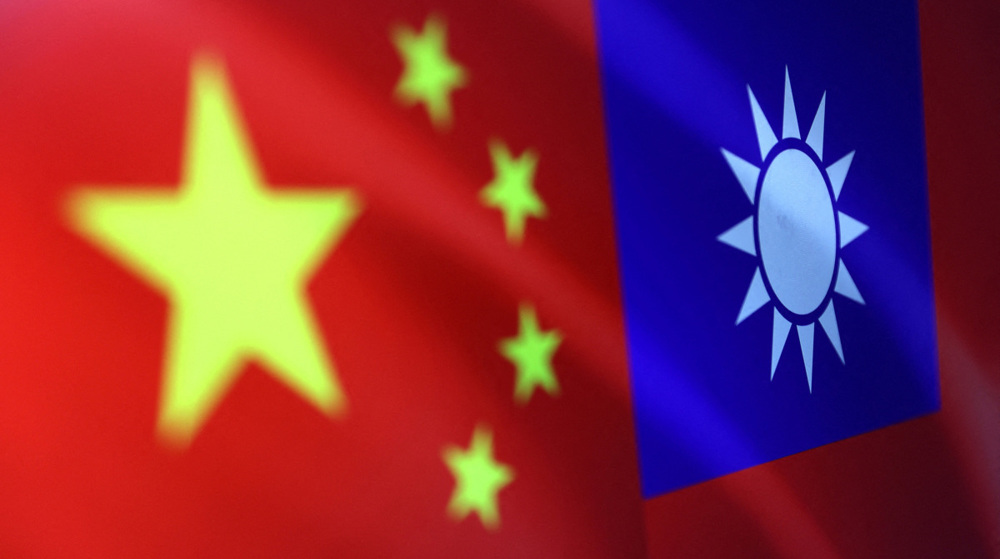
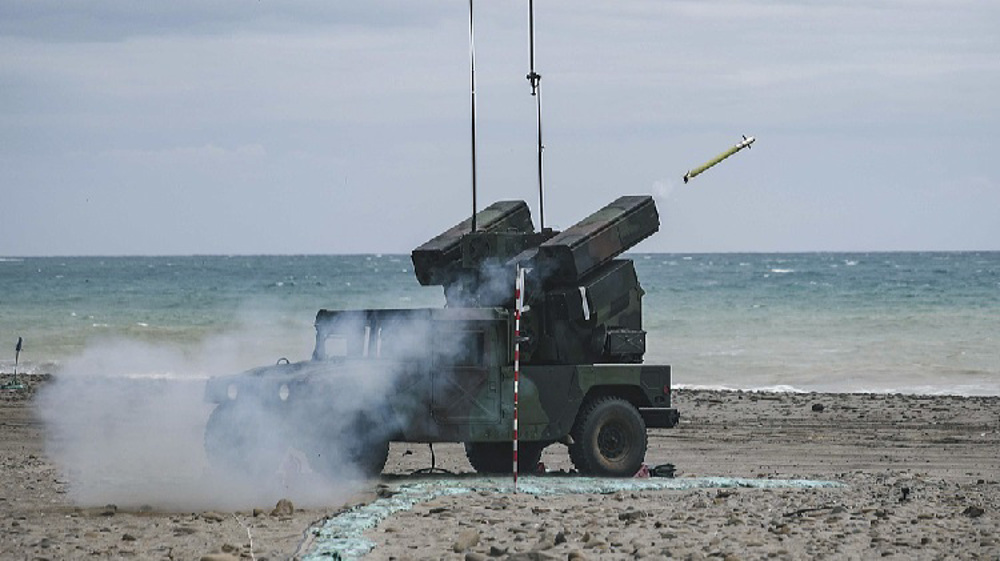
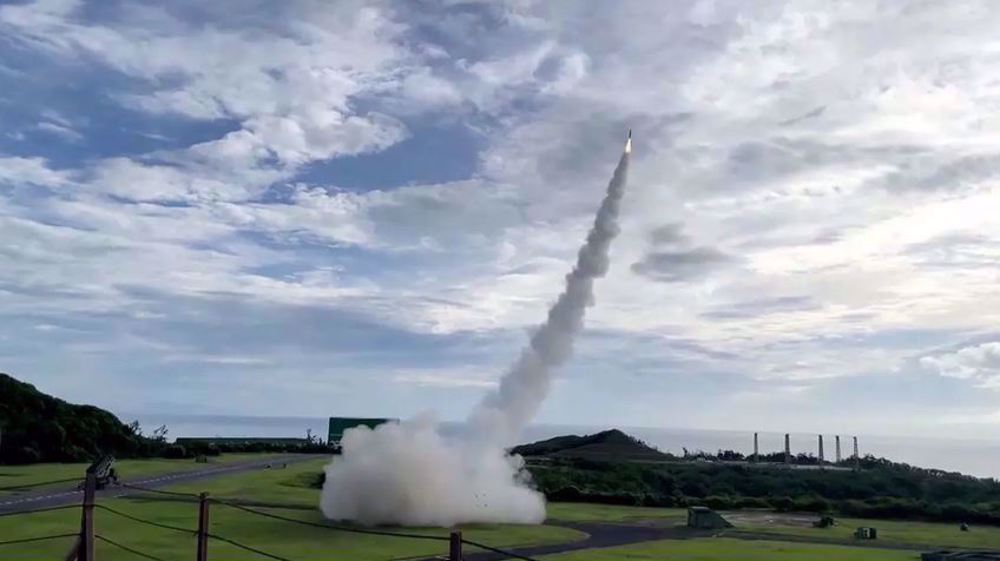
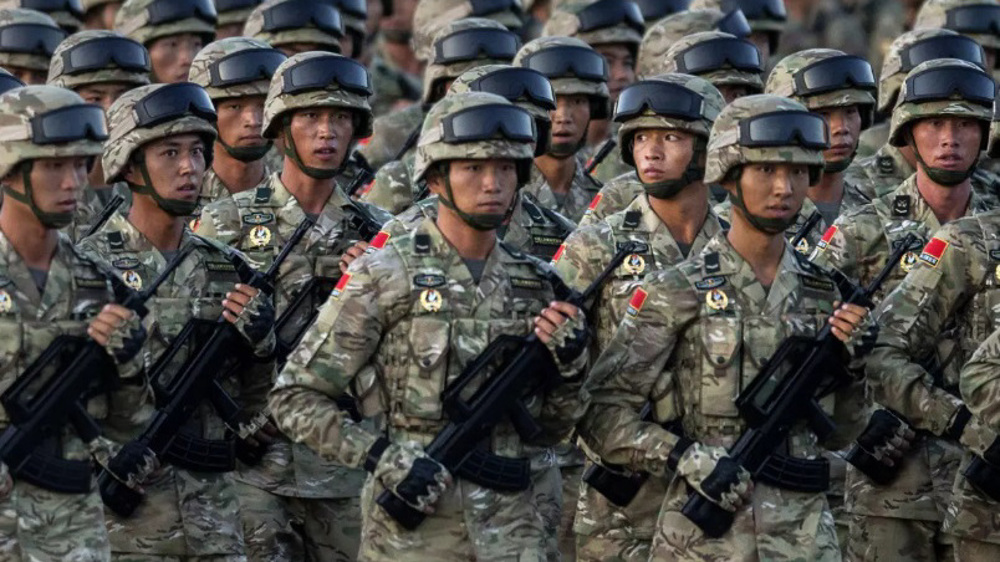



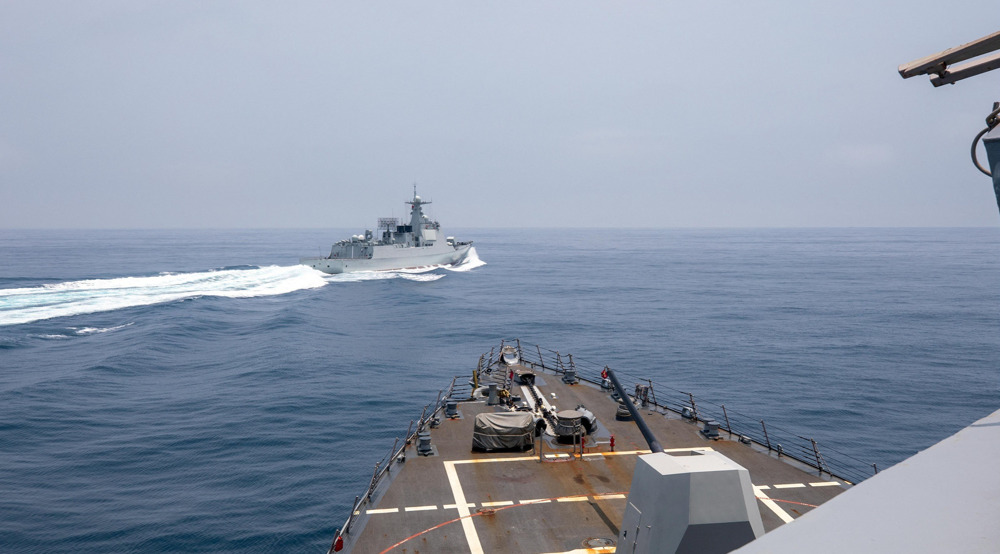
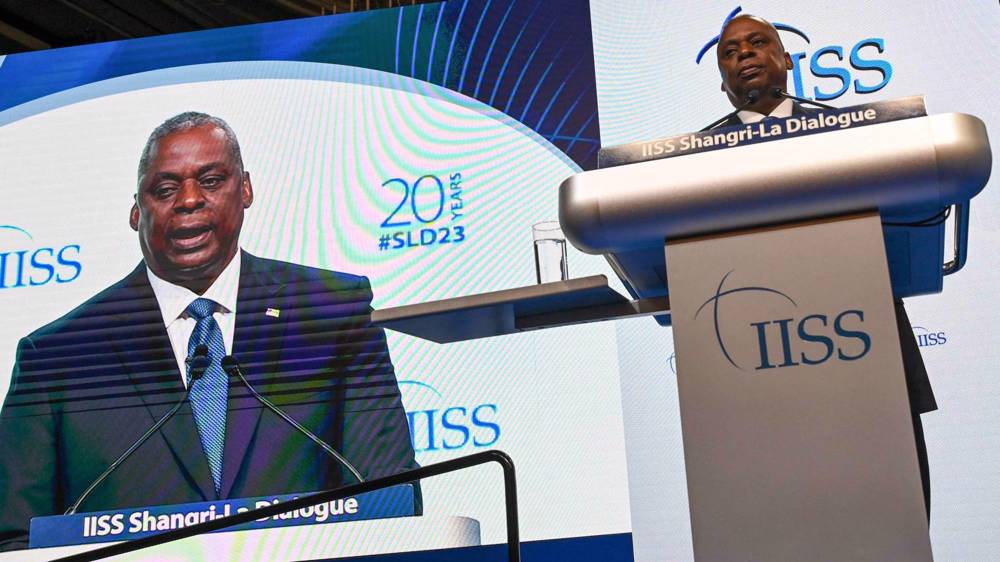
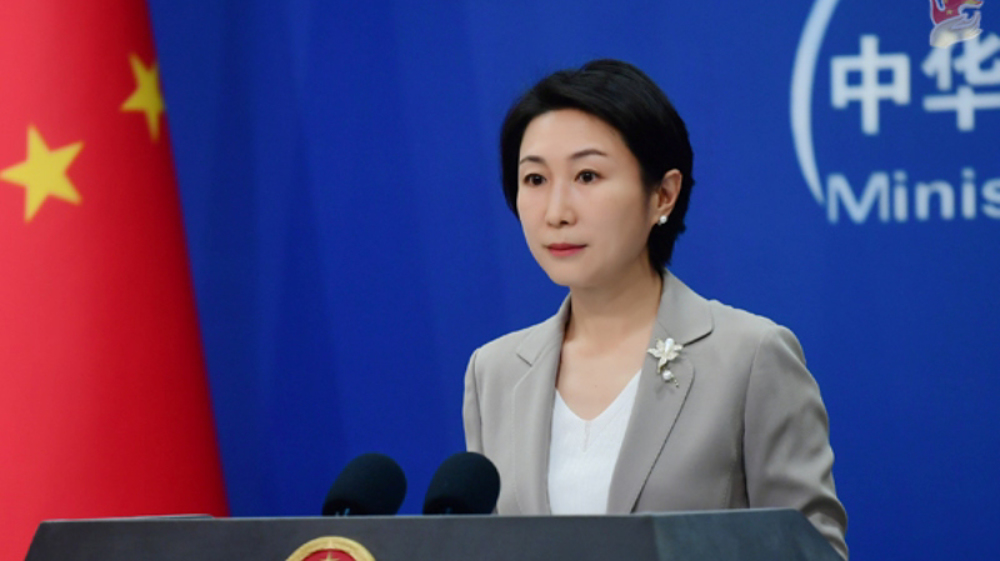
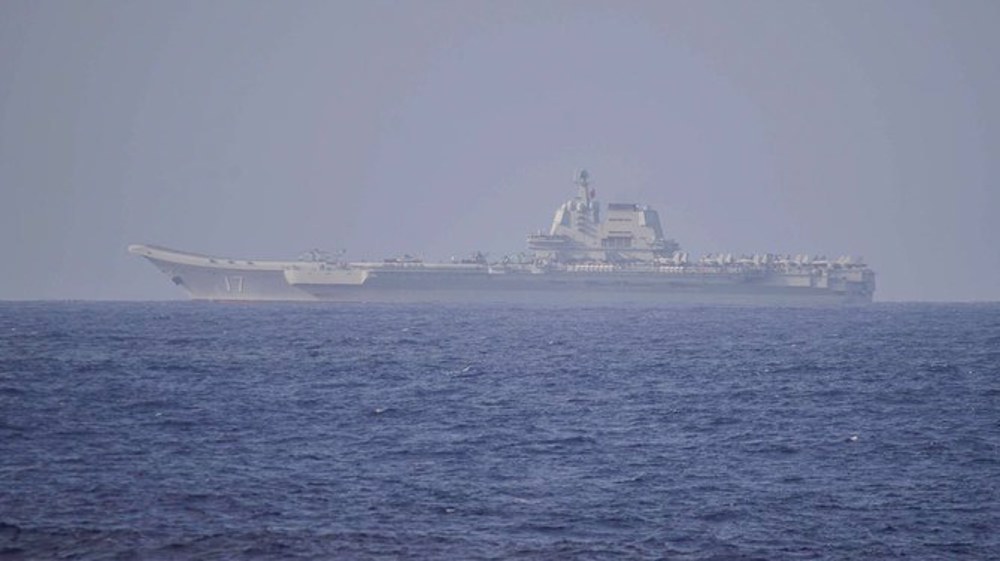

 This makes it easy to access the Press TV website
This makes it easy to access the Press TV website